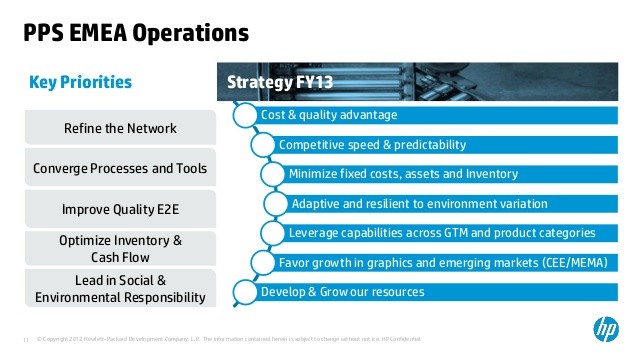Strategies To Cope With Volatile Markets
Post on: 27 Май, 2015 No Comment

While there are many topics that reasonable minds can argue in the investment world, there is no disputing the fact that financial markets on a wholesale level have become increasingly volatile and unpredictable.
Last week in an article here on LearnBonds, I touched on the some of the positive and negative implications that the dramatic drop in oil prices has had on the domestic economy. Oil is certainly not the only resource that has seen volatility as of late.
In 2011 I visited a jewelry store, and the owner and I had a discussion about the price of gold as it was hovering around $1800 an ounce. He told me he was retooling his store because demand for gold items was on the decline. I said don’t be surprised if we hit $1000 before we hit $2000 on gold over the next few years. He said I was crazy. Nearly four years later, gold is down around 30 percent, not quite yet to $1000 and ounce, but still up about 300% over the past decade alone. My prediction may yet come true.
Agricultural commodities have seen their ups and downs as well. The price of corn quadrupled between 2006 and 2012 only to be more than halved in price by the end of 2014.
And bond yields, as you may know, have been all over the place. The 10-Year Treasury payout doubled between 2012 and the onset of 2014. Over the past 13 months, it has been sinking like a rock again and seems destined to flirt with those 2012 lows.
So now that we’ve established the fact that markets have been volatile, how can you as an individual investor expect to contend with such bi-polar investment behavior? Here are just a few coping mechanisms.
1) Resist the urge to chase returns and/or sell when the going gets rough. This is the classic greed/fear paradox trap that most unsophisticated investors fall into. If you were new to the investment world in 2011, you might have said, “Wow, gold goes up every year, I need to get in.” What you should have done was think, “Wow, gold has gone up four-fold in five years, that’s a big move and perhaps a train wreck waiting to happen.” Now that both gold and oil are down, savvy investors should be looking at the wreckage for potential long-term value plays.
2) Resist the urge to look at an investment portfolio on a daily basis. For the average investor, a portfolio should not be micromanaged. Depending on the types of investments held, it may only need to be looked at on a quarterly basis especially if you are in mutual funds that you are paying ongoing fees to manage your monies. If you are in individual stocks or bonds, you may need to monitor a bit more frequently but if you think daily volatility may cause you to enter emotional trades, don’t be a micromanager. As the old investment saying goes, “A portfolio is like a bar of soap the more it is handled, the smaller it becomes.”

3) Diversify as much as possible. The more securities you own, the less impactful a poor performance by one of them may have on your overall portfolio. On the flip side a well diversified portfolio may seek to hold back investment return, since again an extraordinary performance by one may not move the needle by a whole lot. Mutual funds provide instant diversification to a portfolio, while you’ll have to work hard and buy many securities when you own individual stocks and bonds. However, if volatility is keeping you up at night, I would err on the side of owning too much rather than too little.
4) Do Nothing. If you have created the consummate SWAN (sleep-well-at-night) portfolio and are disciplined in your behavior, there may no reason to do anything except ride the waxing and waning of the financial markets hopefully with the preconception to buy low and sell high. Just because financial markets are volatile does not mean you have to be a trader. Long-term investing can still be a successful endeavor.
Due to a variety of reasons, financial markets are becoming increasingly volatile. Unfortunately, I cannot sit here and tell you it will get any better. Every investor makes mistakes hopefully over time one learns from them and makes less as the years go by. By maintaining healthy portfolio habits and disciplined buy/sell strategies, investors of all kinds have the wherewithal to grow a portfolio, generate a durable income stream, protect capital, or whatever goal is paramount in their lives.
About the author: Adam Aloisi has over two decades of experience investing in equities, bonds, and real estate. He has worked as an analyst/journalist with SageOnline Inc. Multex.com, and Reuters and has been a contributor to SeekingAlpha for better than two years. He resides in Pennsylvania with his wife and two children. In his free time you may find him discussing politics, playing golf, browsing antique shops, or traveling.














